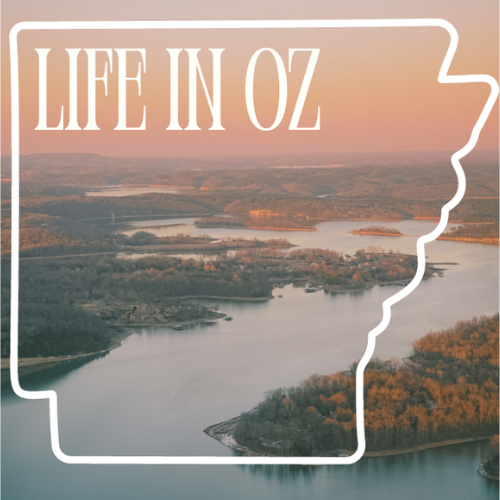“Mzungu Mzungu!”
My running stride shortened as I pivoted on the dusty road. Since I was the only foreigner in a 30-kilometer radius, I knew that the little voices calling out, in unison were directed at me. I had become accustomed to being referred to as a “Mzungu” during my time in Tanzania. This term is usually not derogatory or accompanied with a negative connotation, but is simply a Swahili word referring to a white person or foreigner.
In this instance, the said foreigner was a six-foot, blonde, female running on the perimeter of the western corridor of the Serengeti National Park in bright pink sneakers. As I turned around, I was greeted by five barefoot figures, no older than seven or eight, engulfed in a cloud of dust waving, smiling, and shouting out after me.
“Mambo?!” I asked as I stopped to greet them all.
The areas outside of the Serengeti and wildlife game reserves are very remote, mostly tight knit communities. I was staying alongside the small communities near the city of Lamadi while working on a short documentary to better understand the relationship between poaching and the young motorcycle drivers paid to transport the meat and ivory. Over the course of three weeks I had been learning Swahili, but my communication was still very limited. However, the older boys were eager to practice the handful of English phrases they had learned in school, and after I answered all of the basics there was only one question left.
“What music do you listen to?” The tallest boy asked while motioning to my headphones dangling from my neck.
During my time in Tanzania I had acquired a love of “Bongo Flava” music. This genre of music is an East African hip-hop style of music with notable influence from reggae, afrobeat, R&B, and traditional dansi. It is the type of music that omits a feel-good energy that makes you want to dance. Moments before this encounter, I was running to the beat of my favorite Tanzanian artist, Alikiba. Since I am always up for a dance party, I unplugged the headphones, and blasted one of his biggest hits.
We kicked up dust as our feet graced around in rhythm to the music. The older boys showed off in grandeur movements. The afternoon sun illuminated the smiles across our faces, and highlighted the beads of sweat forming on my own forehead. I swung around with the smallest girl, still holding onto my neck as I dipped and danced in joyous movements.
Photo taken by Tanzanian conservationists, David, while talking with Mama Akin and her nephew.
Moments before this mid-run interruption, I had been admiring the afternoon sun inundating my view into shades of tan. The dusty road, the dry bushes lining the perimeter of the National Park, the mud-built houses; all shades of tan. Typically, on my afternoon runs outside the Serengeti, I look out for the congress of Baboons that like to congregate near the road in search of food left out by the village. I have already been chased by these Baboons twice on my runs, and it is not a predicament you want to find yourself in (however comical it all may seem). In fact, it was not until today that I found myself in a “pack chasing predicament” that I actually enjoyed.
Suddenly, the song faded, and their faces looked earnestly up at me. The giggles faded, and I realized I had two options. It was then that I knew in my heart what needed to be done.
I slipped off my shoes, tied my pair of laces together, and slung my bright pink Nikes around my neck.
Crouching down in a starting position, the kids all followed suit, and I called out, “Moja…Mbili…Tatu!”
On “three”, we all took off running. My bare feet hitting the sandy dirt, engulfed in that same cloud of dust that was chasing me earlier. Arms pumping, knees lifting, and smiles spreading; we laughed together as the older ones ran with me for a few minutes longer, until they too grew tired.
Then off I went, barefoot and sprinting through the shades of tan.




